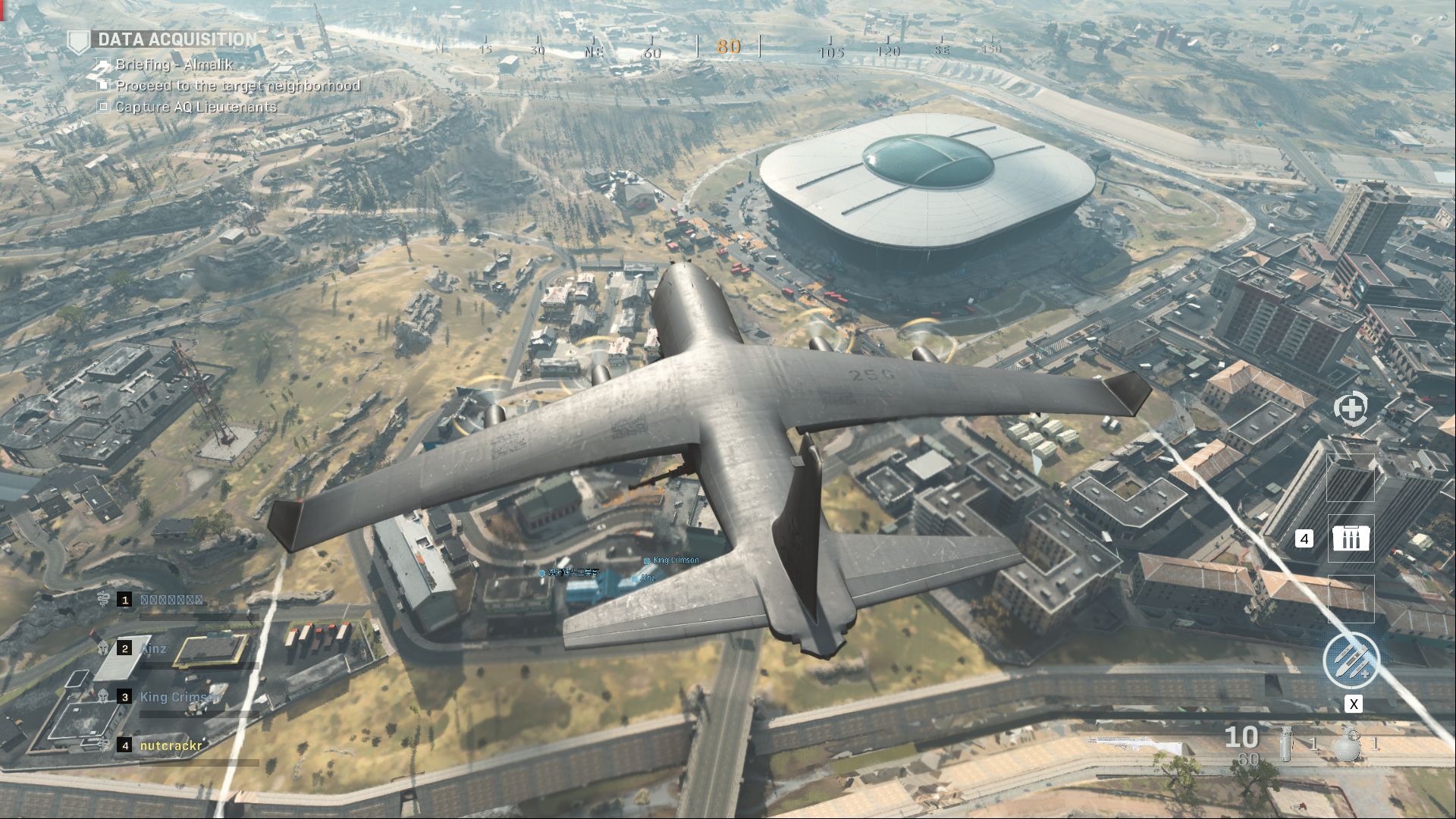

These “all or nothing” attitudes are each incorrect. Many observers increasingly seem to believe that if irregular warfare is likely to be the future of armed conflict, advanced technologies have no great role. Insurgents armed with crude conventional weapons have proven frequently able to flummox their well-equipped American foes. Nor is it surprising that now analysts are writing off high-tech warfare altogether in the wake of Afghanistan and Iraq. Amid this ecstatic hype, it is not surprising that many security studies experts, both in and out of the defense establishment, latched onto the notion that linking up all our systems via electronic networks would “lift the fog of war,” allow war to be done on the cheap, and even allow the United States to “lock out” competition from the marketplace of war, much as they saw Microsoft doing to Apple at the time. The Internet has certainly affected how people shop, communicate, and date.

The vaunted theory, so beloved in the Rumsfeld-era Pentagon, of a “network-centric” revolution in military affairs can now be seen more clearly as a byproduct of the 1990s dotcom boom. It is true that Afghanistan and Iraq have done much to puncture that understanding of war. The American military efforts in those countries (or so the thinking goes) have dispelled the understanding of technology-dominated warfare that was prevalent just a few years ago-the notion that modern armed conflict would be fundamentally changed in the age of computers and networks.

More than just conventional wisdom, it has become almost a cliché to say that the wars in Afghanistan and Iraq have proved “how technology doesn’t have a big place in any doctrine of future war,” as one security analyst told me in 2007.


 0 kommentar(er)
0 kommentar(er)
